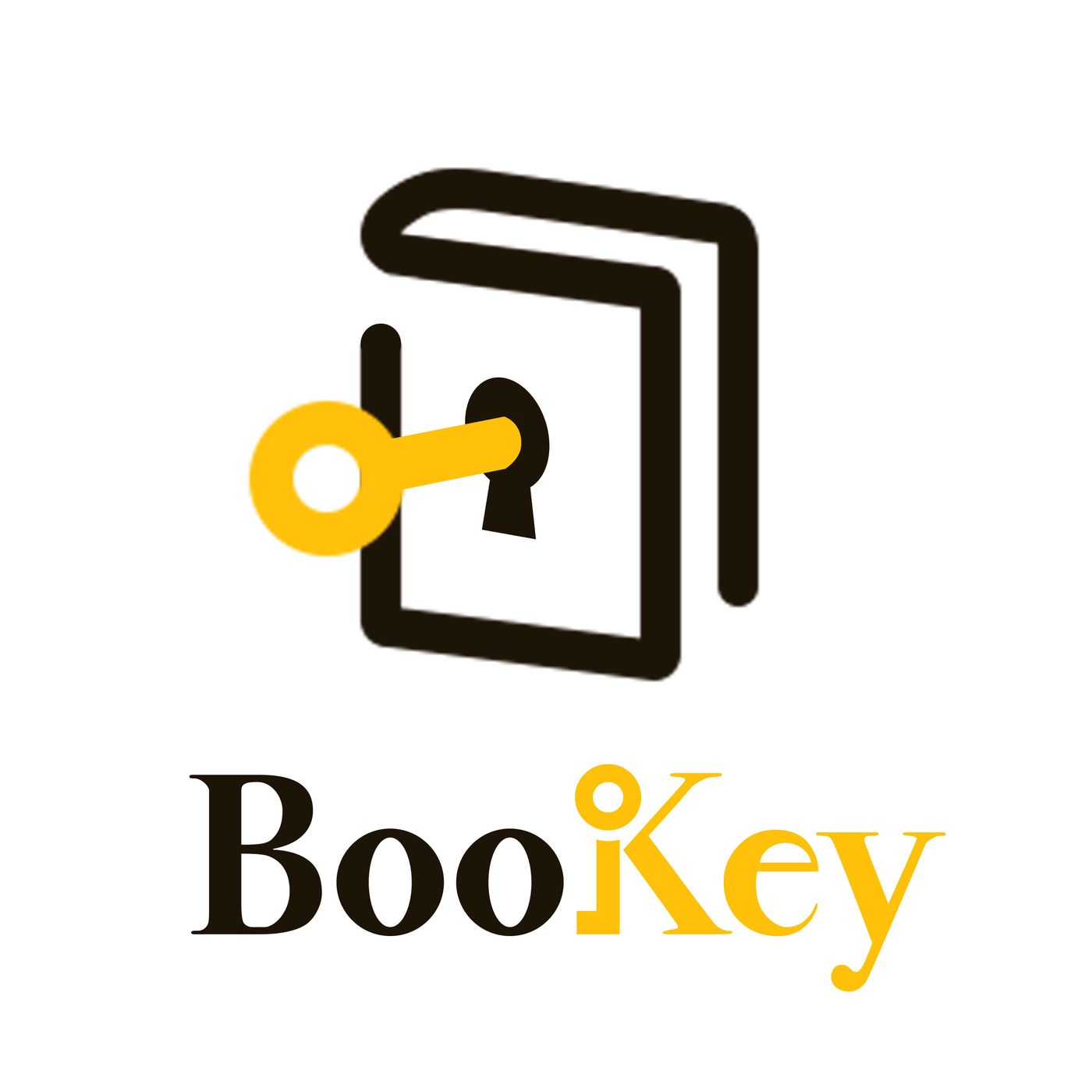Listen "The Unconventional Insights of Freakonomics: Demystifying the Hidden Side of Economics"
Episode Synopsis
Chapter 1:what is the Freakonomics about"Freakonomics: A Rogue Economist Explores the Hidden Side of Everything" is a book written by economist Steven D. Levitt and journalist Stephen J. Dubner. The book investigates various social, economic, and cultural aspects of life by applying economic principles and data analysis. The authors analyze unconventional topics such as the impact of legalizing abortion on crime rates, the economics of drug dealing, the reasons behind successful parenting, and the importance of incentives in various contexts. They also explore the hidden side of real estate agents' motivations, whether or not sumo wrestlers cheat, and the influence of names on a person's life outcomes.The book challenges conventional wisdom and encourages readers to question prevailing narratives. Levitt and Dubner present economics as a tool to understand human behavior and explore how incentives shape decision-making. "Freakonomics" aims to make economics accessible and applicable to everyday life, offering a fresh perspective on social phenomena and human motivations.Chapter 2:Author of the FreakonomicsSteven D. Levitt and Stephen J. Dubner are the co-authors of the best-selling book Freakonomics and its sequels. Steven D. Levitt is an economist and professor at the University of Chicago. He is known for his unconventional and data-driven approach to studying various aspects of human behavior and social issues. Levitt's research often challenges conventional wisdom and explores the hidden incentives and motivations behind certain phenomena.Stephen J. Dubner, a journalist and author, collaborated with Levitt to bring his economic insights to a wider audience. Dubner's engaging storytelling and ability to communicate complex ideas in a compelling manner have made Freakonomics and its subsequent books incredibly popular among both general readers and experts from various fields.Together, Levitt and Dubner have developed a unique brand of economics that combines empirical analysis with storytelling, exploring topics such as cheating in sumo wrestling, the impact of legalized abortion on crime rates, and why drug dealers often live with their mothers. Through their work, they have challenged conventional thinking and introduced a fresh and fascinating perspective on economic and social phenomena.Chapter 3:why is the Freakonomics worth readingFreakonomics by Steven D. Levitt and Stephen J. Dubner is worth reading for several reasons:Insightful and Unique Perspectives: The book offers a fresh and unconventional approach to looking at various aspects of everyday life. It delves into a wide range of topics like crime rates, parenting techniques, and the impact of economics on unexpected areas, providing readers with unique insights and perspectives.Engaging Writing Style: The authors present complex ideas and concepts in a highly accessible and engaging manner, making it a captivating read for both economists and non-economists alike. The book is filled with intriguing stories, thought-provoking questions, and real-life examples, which help to make the content relatable and interesting.Data-Driven Analysis: Levitt, a renowned economist, employs rigorous data analysis and statistical modeling techniques to explore various socioeconomic phenomena. By using these empirical tools, the authors challenge common assumptions and uncover surprising correlations that often go against conventional wisdom.Critical Thinking: Freakonomics encourages readers to think critically and question prevailing beliefs. It highlights the importance of examining data objectively and developing a deeper understanding of cause and effect relationships. This approach promotes a more nuanced and informed view of the world around us.Applicable Lessons: The book provides valuable lessons that can be applied to real-life situations. It introduces economic principles and concepts in a way that allows readers to consider how these ideas can inform decision-making, problem-solving, and understanding human behavior.Overall, Freakonomics offers a fresh and thought-provoking take on a wide range of topics, challenging readers to think differently and explore the hidden side of everyday phenomena. Its engaging writing style, data-driven analysis, and actionable insights make it a book that is worth reading.Chapter 4: Books like the Freakonomics "The Tipping Point: How Little Things Can Make a Big Difference" by Malcolm Gladwell - This book explores the concept of the tipping point, or the moment when an idea, trend, or behavior reaches critical mass and spreads like wildfire. It delves into the social dynamics and influences that contribute to such tipping points."Blink: The Power of Thinking Without Thinking" by Malcolm Gladwell - In this book, Gladwell explores the power of intuition and split-second decision-making. Similar to Freakonomics, it combines research and real-life examples to shed light on the unseen forces that shape our behavior and choices."Predictably Irrational: The Hidden Forces That Shape Our Decisions" by Dan Ariely - Ariely explores the irrational aspects of our decision-making process and highlights how our behavior is often influenced by factors we may not be aware of. It uses experiments and anecdotes to reveal the hidden biases that shape our choices.
 ZARZA We are Zarza, the prestigious firm behind major projects in information technology.
ZARZA We are Zarza, the prestigious firm behind major projects in information technology.
